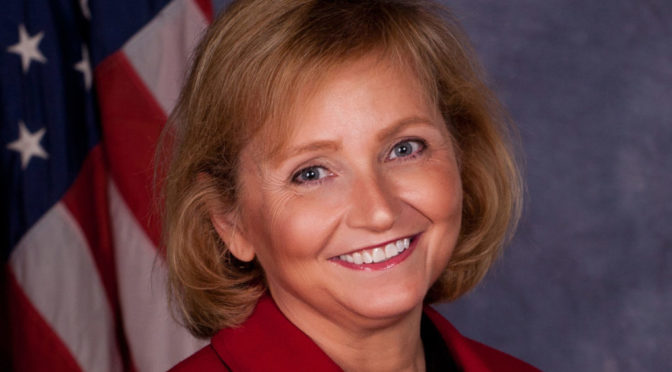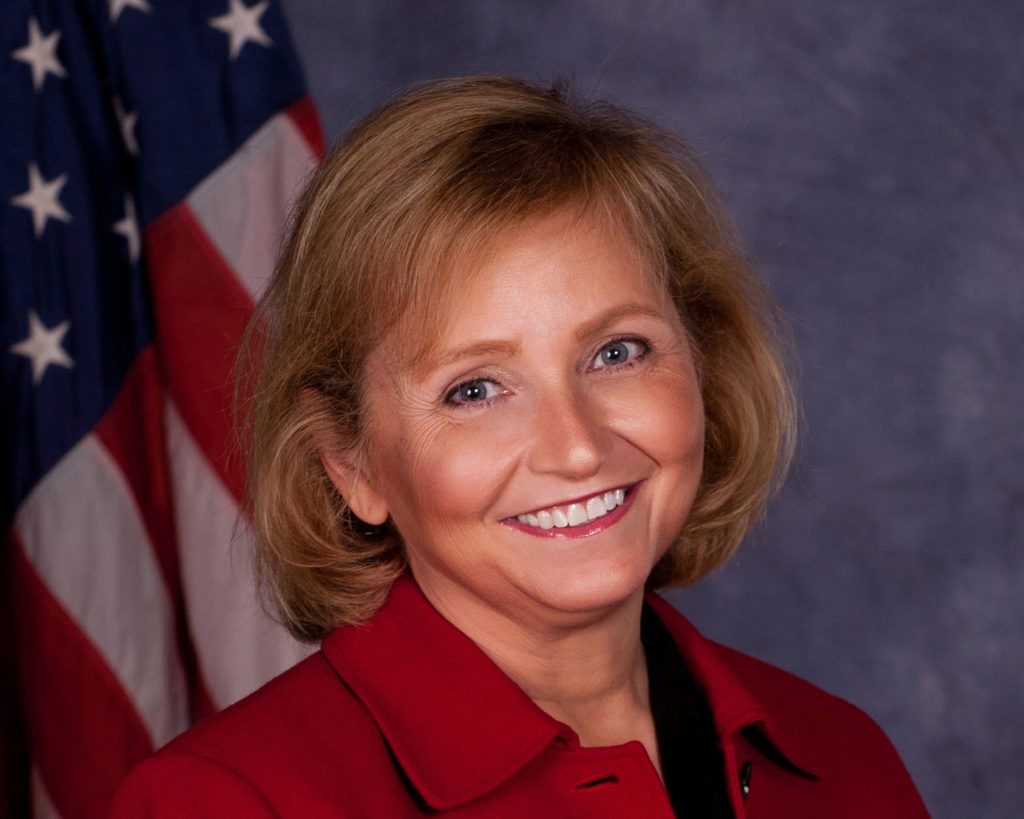TOPEKA – The Kansas Department for Aging and Disability Services today announced $66 million has been made available through the Strengthening People and Revitalizing Kansas (SPARK) Executive Committee and State Finance Council to close service gaps in the continuum of care by addressing statewide shortages of health and behavioral health services and the state’s increasing demand for a well-trained healthcare workforce.
The funds, approved by the State Finance Council in December, are available to service providers, educational institutions, local units of government, and non-profit organizations to specifically address three program areas: expansion of health care facilities; expanding the reach of current service providers; and workforce training expansion.
“The $66 million in SPARK funding allocated to KDADS can make a significant difference in expanding access to services by funding new facilities, program expansions, and workforce training,” KDADS Deputy Secretary of Hospitals and Facilities Scott Brunner said. “KDADS is excited to put these funds to use in communities across Kansas to meet the needs of people with mental illness, disabilities, and long-term care needs.”
Applicants must specify which of the following three program areas their proposal addresses:
Program 1: Expansion of health care facilities. KDADS seeks applications from service providers, local units of government, established partnerships of providers, or non-profit organizations to expand health care facilities. The facility expansion must result in more services being delivered within a defined geographic area or clearly increase service capacity through more licensed bed space, expanded treatment facilities, or additional credentialed providers. Expanded health care facilities must deliver more services in one or more of the following areas:
- Behavioral health
- Services for adults or children in acute psychiatric crisis
- Forensic evaluation and restoration for criminal competency cases
- Community based services for individuals with disabilities that would otherwise require nursing facility level of care
Program 2: Expand reach of current service providers. KDADS seeks applications from Medicaid enrolled service providers to deliver Medicaid services through innovative delivery models using technology to expand the reach of current service providers or to reach additional Medicaid eligible beneficiaries. Grantees must describe how their proposed intervention expands access to services for underserved individuals or communities.
Program 3: Workforce Training Expansion. KDADS seeks applications from providers, local units of government, educational institutions, or non-profit organizations to expand workforce training. Workforce training expansion must result in an increase in students being trained to serve in the medical field. Grantees must document the number of trainees and how they will impact the future health care workforce.
KDADS’s application process is open now, with submissions closing March 17 at 5:00 p.m. and awards announced March 29.
Applicants and any questions regarding the funding opportunity should be submitted to [email protected]. More information about this funding opportunity and the complete Request for Application can be found on the KDADS website: https://kdads.ks.gov/funding-
###


